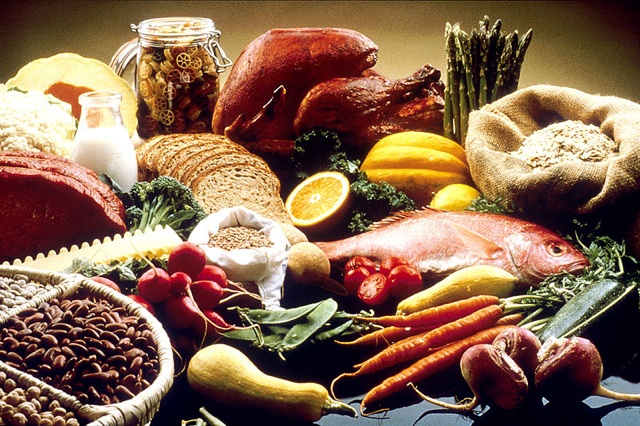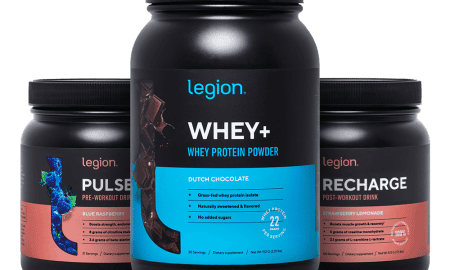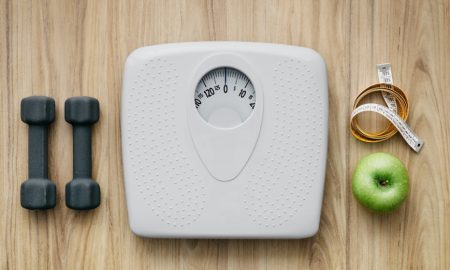
Healthy nutrition is important for a sound body and mind. Eating a healthy and balanced diet helps to satisfy the requirement of daily intake of nutrients. If we define nutrition in scientific language then it is one of the biological and chemical processes which release energy in the body when it is consumed to support life. It goes through various processes inside the body to be actually converted into energy like ingestion, absorption, assimilation, biosynthesis, catabolism and excretion.
Various researches are continuously going on nutrition, its impact and how a person should consume it. In today’s world when adulterated food supplements are available it is necessary to redefine the nutrient requirements. When we are talking about nutrition it is important to understand the role of various nutrients in our diet:
Fats:
Fats are one of the fuel sources for the body. They are also known as fatty acids or lipids. They help in absorption of vitamins like A, D, E and K as they are fat soluble and also act as alternatives to proteins by being the building blocks for our body.
There are two types of fats: saturated and unsaturated.
- Saturated fats are those fats which can contribute in raising the bad cholesterol level and should be taken more than 6%. James, who is a fitness freak and looking for sql assignment help for his son, shares that butter, cheese, cream and meat contains this fat. The result is excess intake of saturated fats is not good for the heart as it clogs the arteries.
- Unsaturated fats lead to good cholesterol levels. Some examples of unsaturated fats are olive oil, sunflower oil, coconut oil etc.
Carbohydrates:
It is counted as one of the three main nutrients apart from fats and proteins. It usually exists in glucose form which further breaks into smaller molecules to release energy. These are also known as carbs in slang language.
There are mainly three types of carbohydrates: sugars, fibers and starches.
- Sugars are the simplest form of glucose or carbohydrate. It breaks easily due to which blood sugar rises. Natural sugar is found in fruits and fresh milk which is healthy. Added sugar in food is required to take in moderation. It is advised that a healthy person should not consume more than two teaspoons of sugar in a day.
- Fibers are considered as plant based food and they are present in fruits, vegetables and whole grain made products. In order to get rid of constipation, which is a more common problem these days, consuming 30-40 grams of fiber per day will be very effective. It regulates blood sugar, lowers cholesterol and stimulates digestion.
- Starches are the most complex form of carbohydrates. They also act as the source of vitamins and minerals. In order to use starches our body needs to do more effort. It helps to maintain the sugar level in blood and fullness for a longer time. It is found in beans, legumes, whole-grain products, fruits and vegetables.
Proteins:
They are the building blocks as they help in developing muscles in our body. Rohman, a trainer in the gym and paid to write research paper on fitness, believes that one should consume according to body requirement. This can vary from person to person based on their physical activity patterns.
Dairy products, seafood and poultry are rich in protein. Proteins are also required for healthy growth of hair, nails and bones. They also repair cells and tissues in the body. In addition, they help in gaining the shape of the body. They are required in high quantities for teenagers, growing children and pregnant women.
Vitamins:
They are essential to grow and develop. They are required in small quantities on a daily basis. Our body is not capable enough to produce these. The regular balanced food intake is enough to fulfill the daily requirements. Only in case of excess deficiency supplements are prescribed by a doctor and that too for a limited period of time.
There are two types of vitamins: fat soluble and water soluble.
Fat soluble vitamins get digested with the help of fats and water soluble vitamins do not stay in the body for long.
Vitamin A: It is mostly found in yellow foods like mango, pumpkin, spinach, carrots, broccoli. It helps to cure night blindness.
Vitamin B: It is a water soluble vitamin and helps in producing hormones. It strengthens formation of red blood cells, development of the nervous system and increases metabolism. It is found in meat, fortified soy products, and fortified nutritional yeast.
Vitamin C: It is water soluble and also known as ascorbic acid and found in citrus fruits like lemon and oranges. It is good for treating scurvy, problems with bleeding gums, loss of teeth and wound healing. Shree who is a dentist and contributes in university assignment help by writing assignments in her spare time shares that citrus fruits should not be cooked as it destroys the vitamin C in it.
Vitamin D: It is available in abundance from a natural source that is sunlight.
Vitamin E: It is a fat soluble. And required for new born babies.
Vitamin K: It is also a fat soluble and helps in blood clotting.It is found in green leafy vegetables.
Minerals: They contribute to growth and natural functioning of the body. Iron, zinc, iodine are required in very small quantities and excess leads to other problems like nausea, dizziness etc.
In order to keep the body healthy one has to consume these nutrients in adequate quantities so that balanced diet intake is ensured. The more we are dependent on natural sources the more immune our system will be. These nutrients will provide nutrition to our body and help us to keep fit.
The changing times have created an urgency to take care of dietary requirements so as to avoid getting sick and consume organic food. The adulterated food is not safe and right from the beginning they are a threat to our and future generations health.


















Follow Us